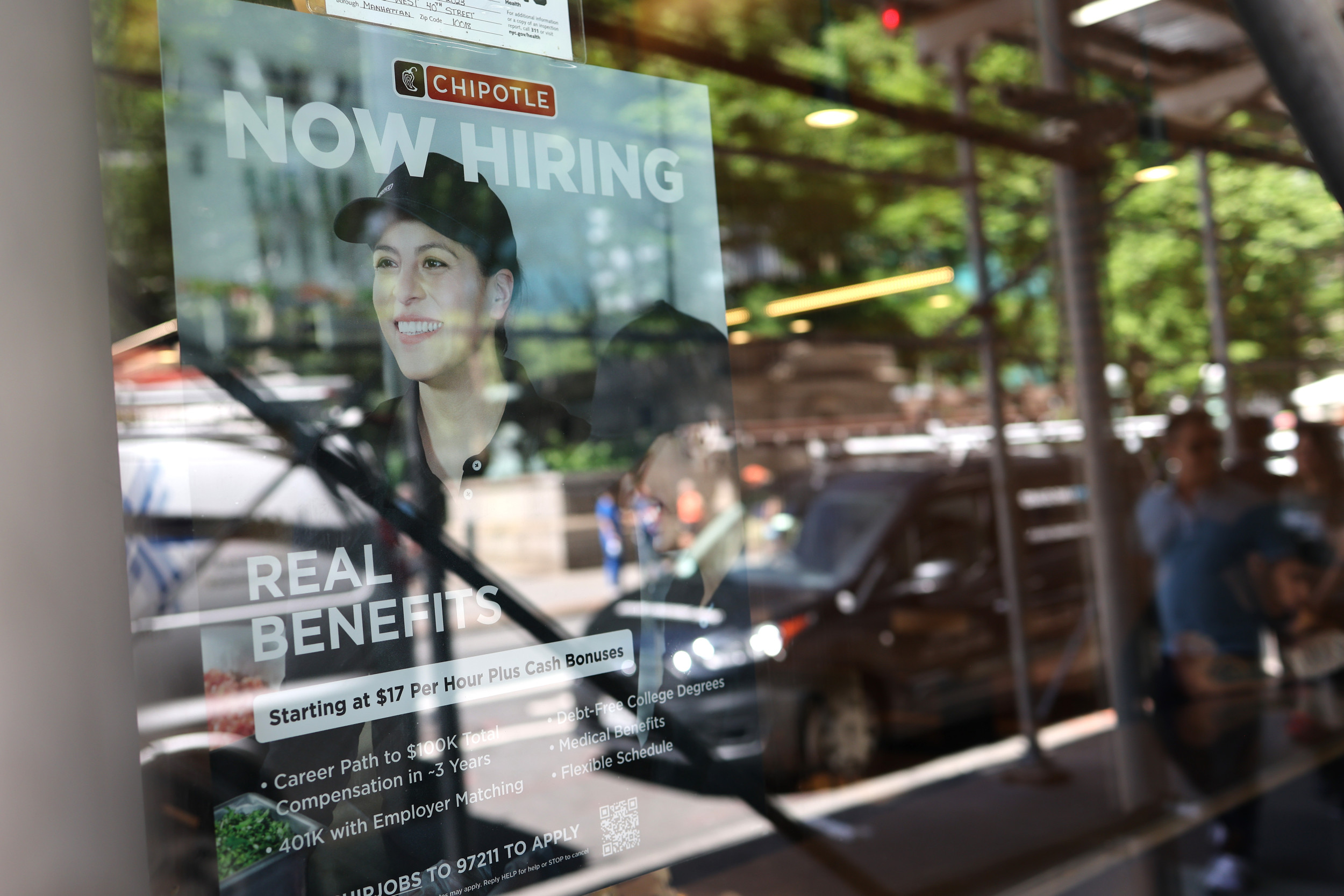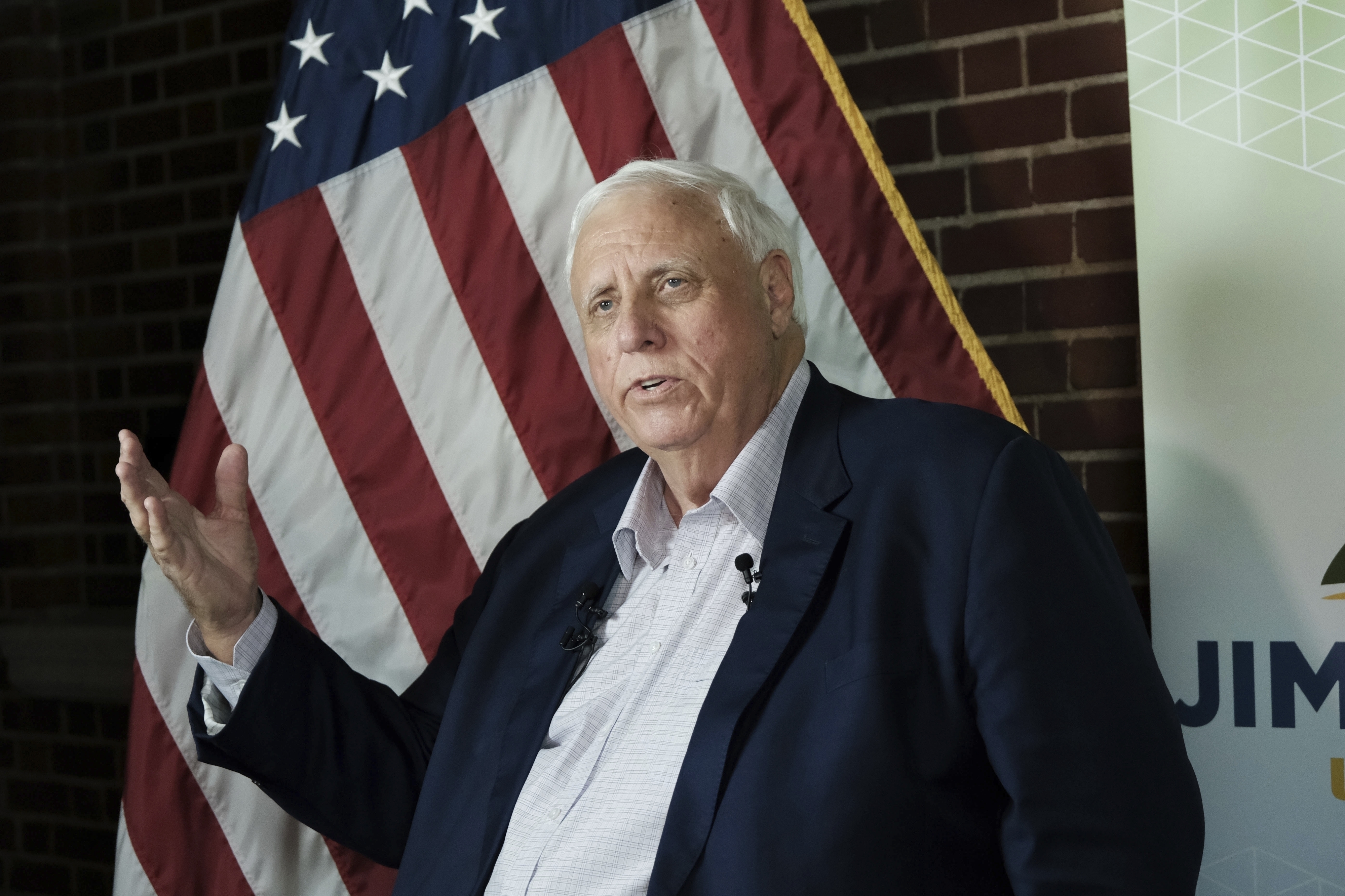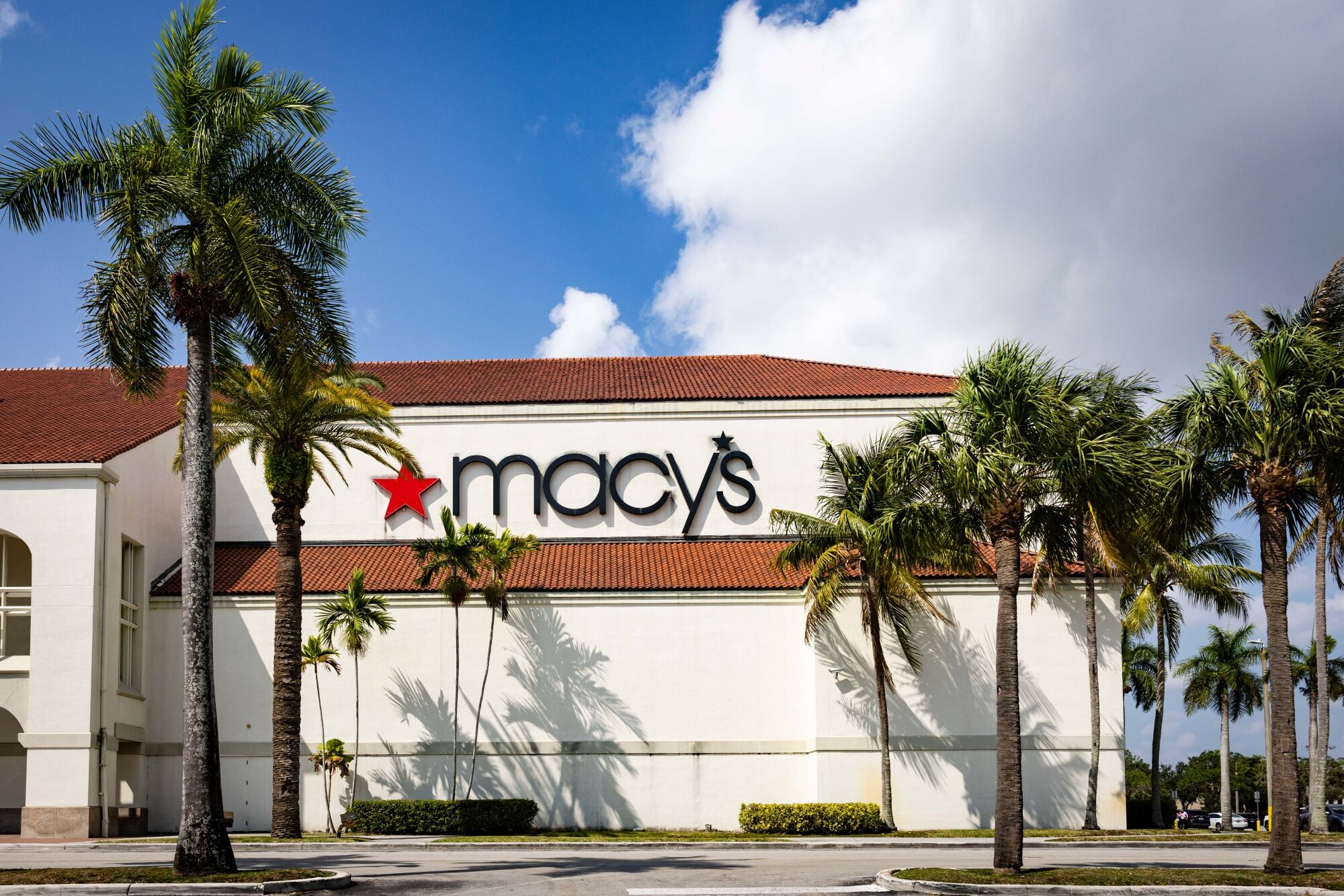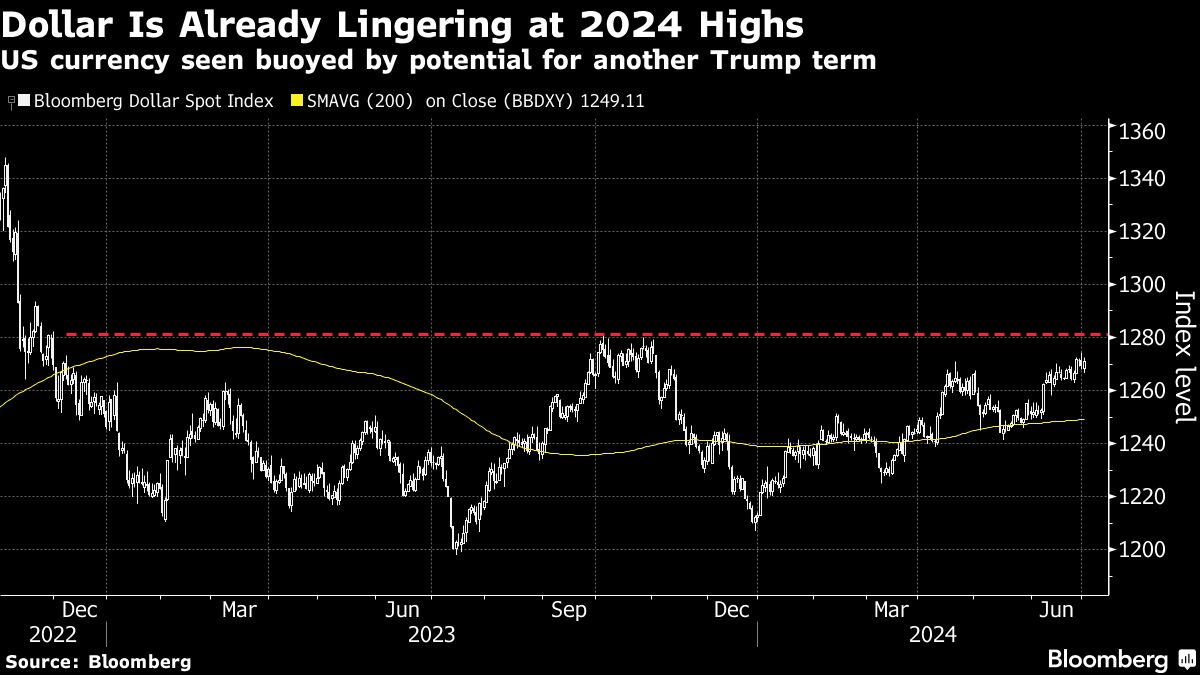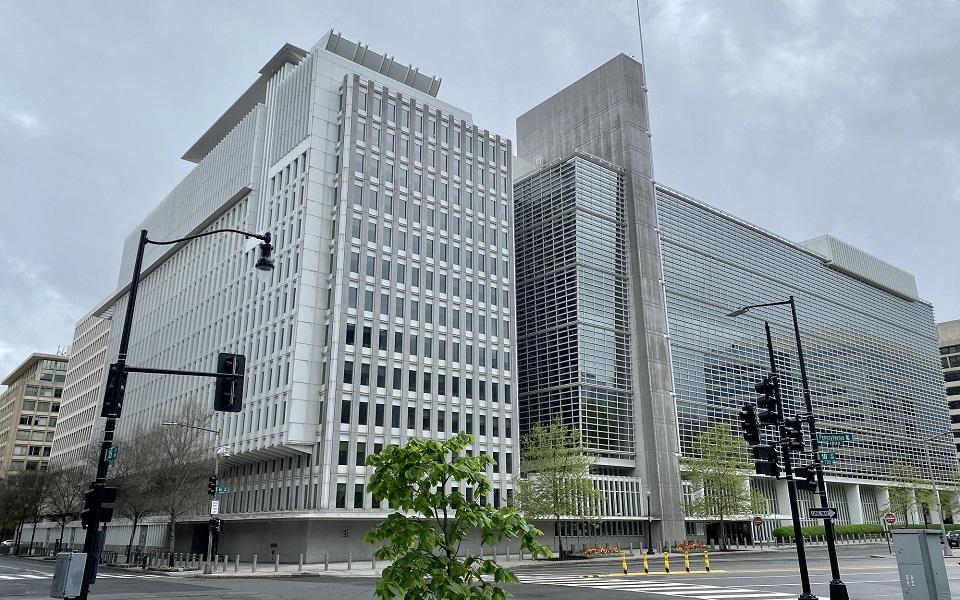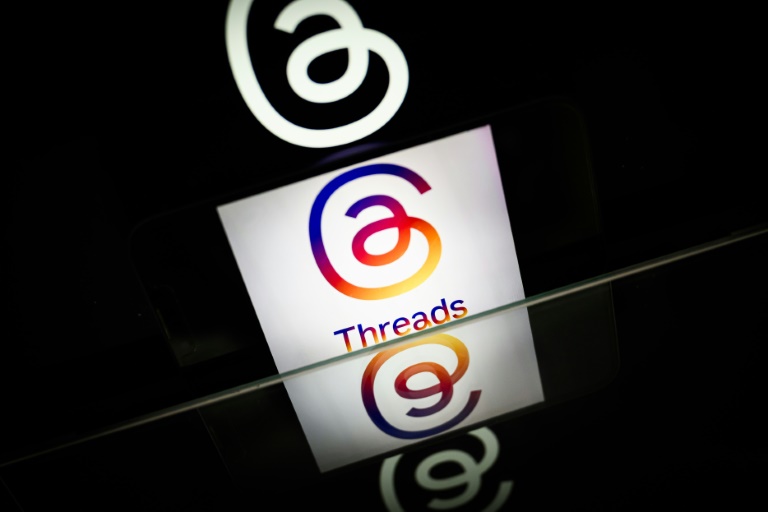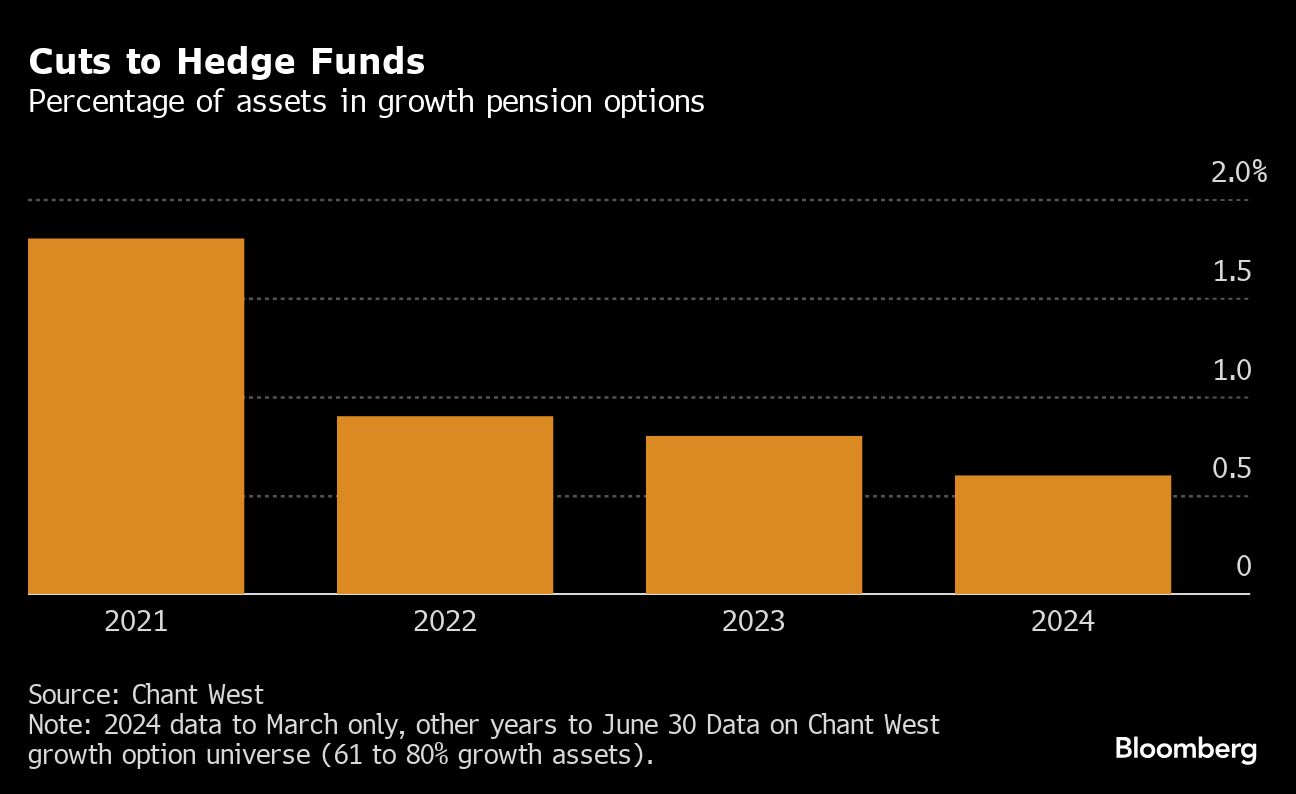
BEST CASH-OUT REFINANCE LENDERS OF JULY 2024
Best Cash-Out Refinance Lenders of 2024
Learn more about each of the top cash-out refinance lenders to determine which one may be the best fit for you.
Best for Customer Satisfaction
Rocket Mortgage
Why We Chose It
Rocket Mortgage is America’s largest mortgage refinance loan originator by a sizeable margin. In 2023, the non-bank lender held a 16.9% share of the refi originations market, according to Fitch Ratings. United Wholesale Mortgage, the next closest contender, held just 7.2%—less than half of Rocket’s market share.
Along with being a leader in the space, Rocket delivers on the customer service front. According to the 2023 U.S. Mortgage Origination Study by J.D. Power, the company ranked second in overall customer satisfaction with a 759 index rating. It’s easy to see why when you visit the lender’s website. Rocket offers a streamlined online application process, quick online quotes, a lineup of calculators, a robust learning center and live chat support.
Pros
- Strong customer service ratings: Ranks second in overall customer satisfaction in J.D. Power’s Mortgage Origination Study
- Large footprint: The largest originator of mortgage refinance loans in the U.S.
- Flexible requirements: Allows qualification with a credit score as low as 580
- Streamlined online application: Offers an optimized and user-friendly online application process
- 50 states: Available in all 50 states and Washington, D.C.
Cons
- No physical branches: Doesn’t have any physical branch locations for in-person customer service
- Fees: Closing costs range up to 6% of your loan amount and aren’t broken down on the website
- Aggressive follow-up: Personalized attention can be overkill, with a dedicated agent aggressively following up with applicants via email, text or phone calls
Best for Fee Transparency
Better Mortgage Company
Why We Chose It
Better Mortgage Company, known as Better, is a direct online lender that stands out due to its fee transparency. You can review an itemized list of Better’s closing costs on its website, which is surprisingly rare among lenders. The lender also refuses to charge two common fees: origination fees and loan officer commissions. Origination fees tend to run from 0.5% to 2% of the loan amount, while loan officer commissions typically account for 1%.
Along with fee transparency, Better offers a streamlined online experience. You can get a personalized rate quote in under five seconds, get a preapproval within minutes and complete the whole application process online. Further, if you find a better rate elsewhere and it qualifies for the Better Mortgage Guarantee, Better will beat it or pay you a $100 concession.
Pros
- Fee transparency: Breaks down fees and their average costs online
- Limited fees: Doesn’t charge origination fees or collect loan officer commissions
- Streamlined online application: Offers an optimized and user-friendly online application process
- Better mortgage guarantee: Offers to beat the rates of other lenders or pay you a $100 concession
- 50 states: Available in all 50 states and Washington, D.C.
Cons
- Below-average customer service: Ranks below average in JD Power’s Mortgage Origination Satisfaction Study
- No physical branches: Doesn’t have physical branch locations for in-person customer service
- Higher credit score required: Requires a credit score of at least 620
Best for U.S. Military Members and Veterans
USAA
Why We Chose It
USAA specializes in serving U.S. military members, veterans and their families. On the cash-out refinance front, members can choose from a VA, VA jumbo or conventional loan.
If you opt for a VA loan, you can borrow up to 90% of your home’s value—whereas many other loan programs limit you to 80% to 85%. You can also apply to cash out up to $500,000 of equity with a jumbo VA loan.
While you’ll have to pay a funding fee to get a VA loan, you can finance it into your loan to reduce your upfront costs. The lender also offers competitive rates, starting as low as 6.125%.
Pros
- High loan-to-value: Borrow up to 90% of your home’s value with VA loans
- Loan options: Offers VA and conventional cash-out refinance options
- Competitive rates: Starting rates are competitive
- Physical locations: Offers in-person customer service at several physical locations
Cons
- Eligibility restrictions: Only available to qualifying U.S. service members, veterans and their families
- Funding fee: Comes with a VA funding fee of 2.15% to 3.3% of the loan amount
- No online application: Must call to apply
- 49 states: Not available in Texas
Best for Flexible Terms
SoFi
Why We Chose It
SoFi is an online lending company turned nationally-chartered bank that stands out due to its wide range of terms. You can get fixed-rate loans from 10 to 30 years and adjustable-rate loans that adjust every six months after being fixed for five, seven or 10 years. The wide range is helpful if you want to see how various terms impact your monthly payment and overall cost.
SoFi also offers a very streamlined online application experience. You can request and receive quotes online within a few minutes. While not ranked by J.D. Power, the bank earned an “Excellent” 4.6-star average rating after over 8,000 TrustPilot reviews.
Pros
- Flexible loan terms: Offers a wide range of loan terms
- Dedicated loan officer: Provides dedicated mortgage loan officers
- Strong customer service rating: Earned a 4.6 average star rating on TrustPilot after over 8,000 reviews
Cons
- High minimum loan amount: Requires a minimum loan amount of $75,000
- No physical branches: Doesn’t have physical branch locations for in-person customer service
- Processing fee: Charges a processing fee of around $1,500
- 49 states: Not available in New York
Best for Fast Funding
Spring EQ
Why We Chose It
Spring EQ is a non-bank mortgage lender that specializes in home equity loans. We chose it because of its fast average closing time, among other benefits. Many lenders require 30 to 45 days to close, but Spring EQ averages just 21. Further, in some cases, loans close in as little as two weeks.
The lender also offers a wide range of loan amounts, ranging from $25,000 to $500,000, and well-qualified borrowers can borrow up to 95% of their home values. On the downside, Spring EQ only serves about 40 states and requires higher credit scores than many competitors.
Pros
- Fast funding: Loans close in an average of 21 days
- Flexible loan amounts: Borrow from $25,000 up to $500,000
- High loan-to-value: Well-qualified borrowers can borrow up to 95% of their home’s value
Cons
- Higher credit score required: Requires a credit score of at least 640
- 40 states: Only serves about 40 states and Washington, D.C.
- No online rate quotes: Can’t see rate quotes online
What Is a Cash-Out Refinance Lender?
A cash-out refinance lender is a mortgage lender that helps homeowners replace their primary mortgages with new, larger loans and cash out the difference. For example, if your home is worth $450,000 and a lender has an 85% loan-to-value limit, you could borrow up to $382,500. If you still owed $200,000 on your home, you’d be able to cash out up to $182,500.
How Do Cash-Out Refinance Lenders Work?
Many cash-out refinance lenders offer online prequalification and application systems. To find out if you prequalify, you’ll need to visit a lender’s website and provide information about your home, income, credit and more. The lender will then review your application and provide you with an estimate of the different cash-out refinance loans you can get.
Terms can vary widely on cash-out refinance loans from less than 10 years up to 30. Further, lenders often offer both fixed and adjustable interest rate options. They also typically charge closing costs between 2% and 6% of the loan amount and may charge points.
If you find a loan that looks like a good fit, the next step is to go through with the full application. During that process, lenders typically ask for documentation to verify the information you’ve provided, schedule a home appraisal and perform a hard credit check. Upon approval and acceptance of the loan, your previous mortgage will be paid off, and the remaining amount can be wired to your bank account.
Once you receive a cash-out refinance loan, the repayment period begins. You’ll be required to make monthly payments that include principal and interest until the loan is repaid in full.
Why Would You Need a Cash-Out Refinance Lender?
A cash-out mortgage refinance loan allows you to do two things: Refinance your existing mortgage and tap into your home equity without selling your home.
Mortgage refinancing can make sense if it helps you in some way, such as lowering your monthly payment amount or overall cost. One or both of these are often possible if rates have dropped since you got your mortgage or you qualify for better rates due to improving your credit. Other potential benefits include switching to a lender with better customer service, shortening your repayment term or changing your loan type.
As for tapping into your home equity, doing so provides you with a lump sum of cash that you can use to achieve different goals. For example, you may want to:
- Finance home renovations. Looking to convert your basement to a family room, upgrade your kitchen or make another type of home improvement? A cash-out refinance may help you finance it. A benefit of spending the funds this way is that interest on loans used to buy, build or repair a home can be tax-deductible.
- Consolidate high-interest debt. Cash-out refinance loans often come with relatively low interest rates because they’re secured by your home. As a result, they can provide a cost-effective way to refinance higher-interest debt from unsecured products like credit cards, personal loans and student loans.
- Start a business. Have a great business idea? While starting a business can be an expensive endeavor, a cash-out refinance loan can help you fund it and get the ball rolling. However, you may want to consider business loans that aren’t personally guaranteed or secured by personal assets first.
- Invest in a new real estate property. If you’re thinking about buying a second home or an investment property, the funds from a cash-out refinance may be able to provide you with the funds you need to make a sizeable down payment.
How to Choose the Best Cash-Out Refinance Lender
With so many cash-out refinance lenders on the market, how do you choose the best one for your situation? Here are the main factors to consider as you compare quotes.
Loan Amount
Check the total loan amount a lender is willing to extend to you. Lenders vary in their loan amount ranges, loan-to-value limits and amounts they’ll offer each borrower. This is especially important if you want to borrow as much as possible.
If you don’t have much equity or don’t want to borrow more than $100,000, it’s also important to check a lender’s minimum loan amount limit. For example, SoFi’s cash-out refinance loans start at $75,000.
APRs
The annual percentage rate (APR) tells you the annualized cost of a loan, including interest and fees. All US lenders are required to disclose the cost of their loans as APRs, so they’re a helpful way to compare loan costs, apples to apples. Lenders also typically share their mortgage refinance interest rates so you can see how much of an APR is going to fees versus interest.
Fees
Speaking of fees, cash-out refinance loans typically come with closing costs equal to 2% to 6% of the loan amount. They can include lender origination fees, appraisal and home inspection fees, mortgage and title insurance fees and more. Check how much each lender charges in fees. If you want to finance them, finding out if you can roll them into the loan will also be important.
Terms
A loan term is the amount of time a lender gives you to repay a loan amount. It’s important to consider because it impacts your monthly payment, interest rate and overall cost. Most cash-out refinance lenders offer both fixed- and adjustable-rate mortgages, but the lengths of their terms can vary. For example, one may offer fixed-rate loans with terms starting at eight years, while another’s may start at 15 years.
Monthly and Overall Costs
Lastly, compare lenders by the monthly payment amounts and overall costs they offer. You may prefer to pay more per month to get a lower overall cost or may be okay with paying more in the long run to get a more affordable monthly payment. Either way, you want to make an informed decision.
Cash-Out Refinance Loans vs. Other Home Equity Credit Products
Cash-out refinance loans aren’t the only way to tap into your home equity. Two popular alternatives are home equity loans and home equity lines of credit (HELOCs).
Cash-Out Refinance Loans vs. Home Equity Loans
A home equity loan is a term loan secured by the equity you’ve built in your home. Like a cash-out refinance, you can often borrow up to around 85% of your home’s value. However, instead of refinancing your existing mortgage and equity loan together, you leave your mortgage in place and get a second mortgage with a separate payment. Going this route can be advantageous if you want to borrow against your equity but find that refinancing your primary mortgage isn’t beneficial.
Cash-Out Refinance Loans vs. HELOCs
A HELOC is a revolving credit line backed by the equity you’ve built in your home. Again, you can usually borrow up to around 85% of your home’s value. During the draw period, typically around 10 years, you can borrow money, pay it back and borrow it again. However, once the draw period ends, you lose access to the credit line and enter the repayment period. HELOC lenders may require the outstanding balance to be repaid through a balloon payment or fixed payments over a set term. A HELOC can be a good fit if you’re unsure how much you want to borrow, need the money in stages or want some time before full repayments begin.
Frequently Asked Questions
Is It Hard to Get Approved for a Cash-Out Refinance by a Lender?
A cash-out refinance loan is one of the easier loans to get because it’s secured by your home. The collateral reduces the amount of risk lenders face, which enables more lenient eligibility requirements. For example, Freddie Mac’s cash-out refinance mortgage options are generally available to borrowers with credit scores as low as 620. Some lenders even allow credit scores as low as 580. However, you can typically only borrow up to around 85% of your home’s value, so you’ll need to have a sufficient amount of equity to qualify.
Is It Smart to Do a Cash-Out Refinance?
Whether a cash-out refinance is smart or not will depend on your situation. Consider if you can afford the payment, if it will save you money on your existing mortgage and if it’s the best type of home equity loan for your situation. Further, consider how you plan to spend the money. It’s best to use home equity loan funds in a way that will help you save or earn money.
How Long Should You Wait to Do a Cash-Out Refinance?
You’ll generally need to wait until you have at least 25% in home equity before you can get a cash-out refinance loan. Additionally, lenders may require you to have the loan for a certain amount of time–such as six months. Beyond that, the timing will depend on the amount you want to borrow and the time it takes to build that much equity.
The post Best Cash-Out Refinance Lenders of July 2024 first appeared on Newsweek Vault.
2024-07-01T19:40:20Z dg43tfdfdgfd


